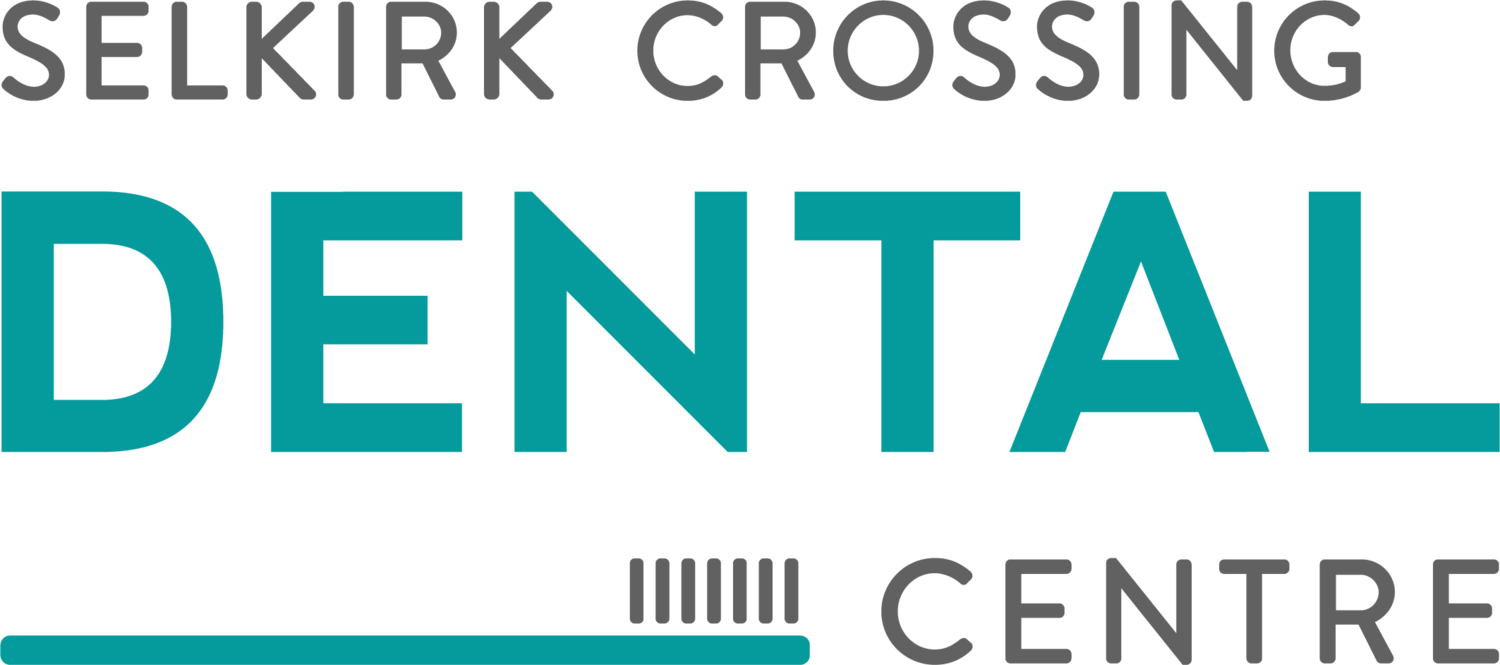Everyone can agree that a dental emergency can be a serious event. It’s important to contact your Selkirk dentist as soon as possible. But what exactly constitutes an emergency? The word “emergency” implies that a situation is urgent and needs immediate care. Many dental emergencies can be treated by your Selkirk dentist.
Here are the top dental conditions that call for immediate attention:
Pain
Pain is usually the first sign of a dental emergency and, if left untreated, can worsen and lead to other problems. A toothache can be caused by several issues, such as a cavity, abscess, cracked tooth, loose filling, or other problems with the tooth or nearby root. A throbbing, sharp pain can accompany it, and often, even the slightest bit of pressure on the area can aggravate the pain. If you are experiencing a toothache, you should try to see your dentist as soon as possible.
Broken Tooth
A broken tooth can cause pain and can also lead to other problems like an infection, especially if the tooth is not cleaned correctly. Sometimes, the broken tooth may need to be removed or fixed.
The pain of a broken or chipped tooth can range from mild to severe. One can also experience bleeding or inflammation, which can cause the jaw or face to swell. In some cases, the root of the tooth may be exposed. It is important to seek treatment as soon as possible when there is a broken tooth because the longer one waits, the more difficult it becomes to save the tooth.
Abrasions
Abrasions are the soreness associated with scrapes and minor cuts on the gum line and the lining of the mouth. Most of the time, abrasion is caused by poor oral hygiene. Food, biting on chewing gum or pencils, and biting on hard objects can cause abrasion. When an abrasion is left untreated, it can become an ulcer or infection.
Dental caries
Dental caries are a progressive disease that occurs due to the demineralization of tooth structure by acids produced by oral bacteria and eaten by the rigid structure of the tooth (the tooth enamel).
When bacteria concentrations reach a certain level, a biofilm forms on the tooth surface. The biofilm allows the formation of dental plaque, which allows the further formation of acid (in the mouth).
Periodontal Disease
Periodontal disease is a common inflammatory condition that affects the soft and hard tissues surrounding the teeth.
Several measures can be taken to prevent periodontal diseases, such as improving one's oral hygiene, quitting smoking, and reducing stress in one's life.
Swelling
Swelling can cut off blood supply and lead to pain, infection, and even tooth loss. Swelling is caused by eating sodium (salt) or sugar, drinking too much alcohol, or using certain medications. It can also be caused by bacteria, viruses, or fungi in the mouth.
Swelling can sometimes be prevented by avoiding inflammatories such as ibuprofen and aspirin and avoiding smoking and excess alcohol.
Conclusion
Remember, if you have a dental emergency, time is of the essence, so don't hesitate to call your dentist for help. Your dentist should be more than ready to advise on your next move.
For any further questions, feel free to contact our friendly team at Selkirk Crossing Dental.

